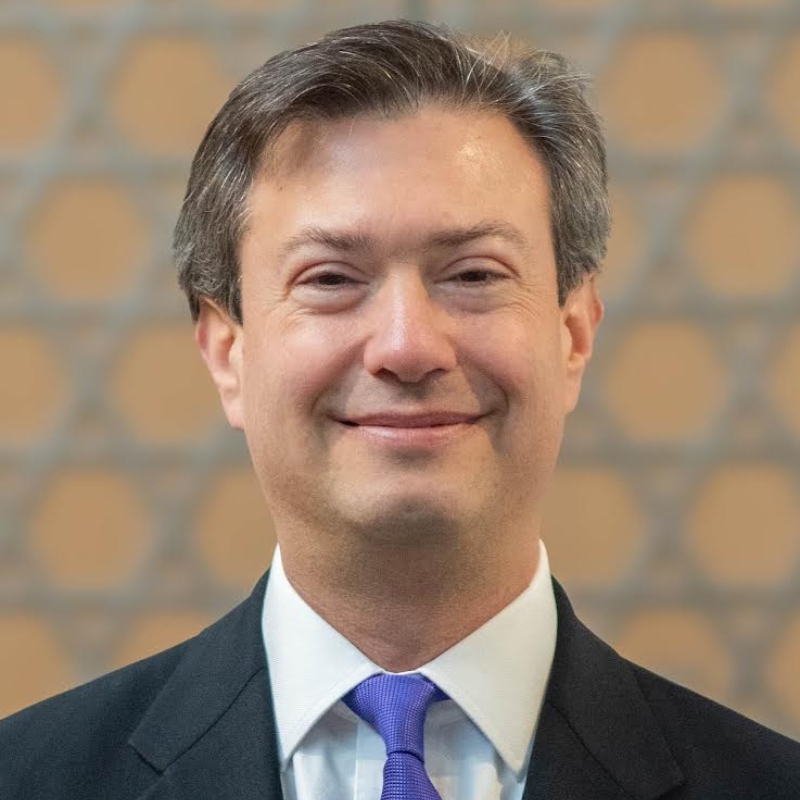There’s something peculiar about the chatat offering, which is translated variously as a “sin” or “purification.” A chatat is not appropriate if you’ve intentionally, knowingly sinned. Rather, as described in Leviticus 4, a chatat is only appropriate in the case of an unwitting sin — when you didn’t realize you were doing something wrong at the time. If a person brings a chatat, it must be because they have become aware of their unintentional sin. Aviva Zornberg observes that this entire category regarding the “inadvertent sin” is about when and how the unconscious becomes conscious, and the resultant obligations. (“The Hidden Order of Intimacy: Reflections on the Book of Leviticus”, p. 27-33)
The Torah considers four main categories of people who may owe a chatat — the “anointed” (or high) priest, the entire people, a nasi (chieftain), and an individual Israelite. As both a rabbi and an individual, I’ve been trying to be sensitive to what awarenesses are growing within me. What are the unintentional sins I’ve been committing that I now see and eventually understand?
Since October 7 and the 2024 election, I’ve struggled to discern which values in a given moment are the ones to focus on. When have I erred in prioritizing competing values? This is a form of inadvertent sinning — particularly for religious leaders. We can question not only the values and positions we advocate, but the tone and manner in which we do so as well. What are the contexts in which I’ve been too quiet, too passive, too patient, too trusting? A failure to use one’s voice, especially one’s rabbinic or cantorial voice, is a sin about which we can become aware, though at the time we were unconscious of our error.
When have I shouted, sermonized, or sung too loudly, too stridently, too self-righteously (even towards a moderate approach)? Even as we remain committed to our values — with the best intentions assumed — are there ways we’ve hurt our causes, our constituents, and our own congregants by being too quiescent or too shrill?
Find more commentaries on Vayikra.
Leaders are frequently told they’re wrong, but just because people tell us we’ve erred does not mean we have to believe them, as the Mishnah teaches.
The Mishnah (Keritot 3:1) explores a situation where a witness says that a person ate chelev — forbidden fat. If the eater agrees that it happened and that it was inadvertent, they are liable for a chatat. If the alleged eater says they did not consume chelev, they are exempt.
In his commentary on the Mishnah, Maimonides says, “If one is certain in their own mind that they did not eat it and says, ‘I did not eat,’ then even if a thousand people testify against them, and they deny the claim, they are not obligated to bring a sin offering. This is because the Torah states (Leviticus 4:23), ‘one’s sin becomes known to them’ — implying that the awareness of the sin must come from oneself, not from others informing them.”
No one can make me take responsibility for inadvertent sins except me.
Find more commentaries on social justice, leadership, and philosophy.
This is a problem, though, when a leader refuses to admit fault. To this, Rashi on Leviticus 4:23 quotes the Sifra: “Rabbi Yochanan ben Zakkai says: Happy is the generation whose leader takes care to bring a sacrifice even for an inadvertent act; how much the more certain is it that they will do penance for their willful sins.” Rabbi Yochanan ben Zakkai leaves the inverse unstated. But I suspect he’d begin it with the word “oy” or “woe.”
If someone acquiesced to our accusations of fault, how would we know? The elaborations in the Talmud on the Mishnah (Keritot 11b) explain that if the one accused of eating chelev is silent in the face of the accusations, they are liable for bringing a chatat. It’s only if they contradict the witness that they are exempt. But we can only know they are silent if we can stop shouting and accusing, giving time to wait for a response, whether it be silence or argument.
In the meantime, while waiting for others to become aware of their inadvertent sins, let us take seriously this soul-searching too, if we feel like we need it, or especially if we feel like we do not.
“The Messiah won’t have a large ego,” writes Rabbi Zohar Atkins. “Thus, the Messiah will not only be wrong, but will relish the process of self-correction. When the Messiah comes, we will not stop making mistakes, but we will stop fearing them. We will become not a society that knows everything, but a society that embraces learning.” (“When Messiahs Get It Wrong: Fallibility is a Feature, not a Bug”)
May we hear and take seriously others’ observations of us that we have erred, and may we admit our errors, when we realize them. May our leaders take seriously their obligation to examine their own actions, and to admit and take responsibility for their unwitting mistakes. And may the Messiah with the small ego come quickly, and in our days.
Noah Arnow is the rabbi of Kol Rinah, a Conservative synagogue in St. Louis, MO.

